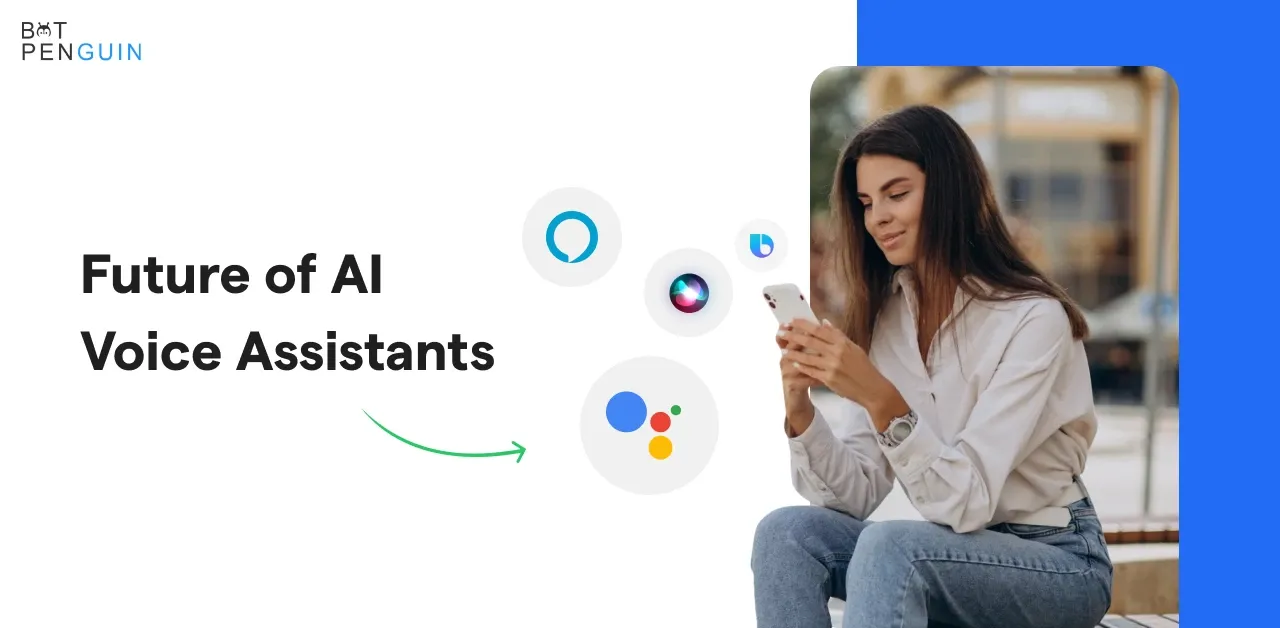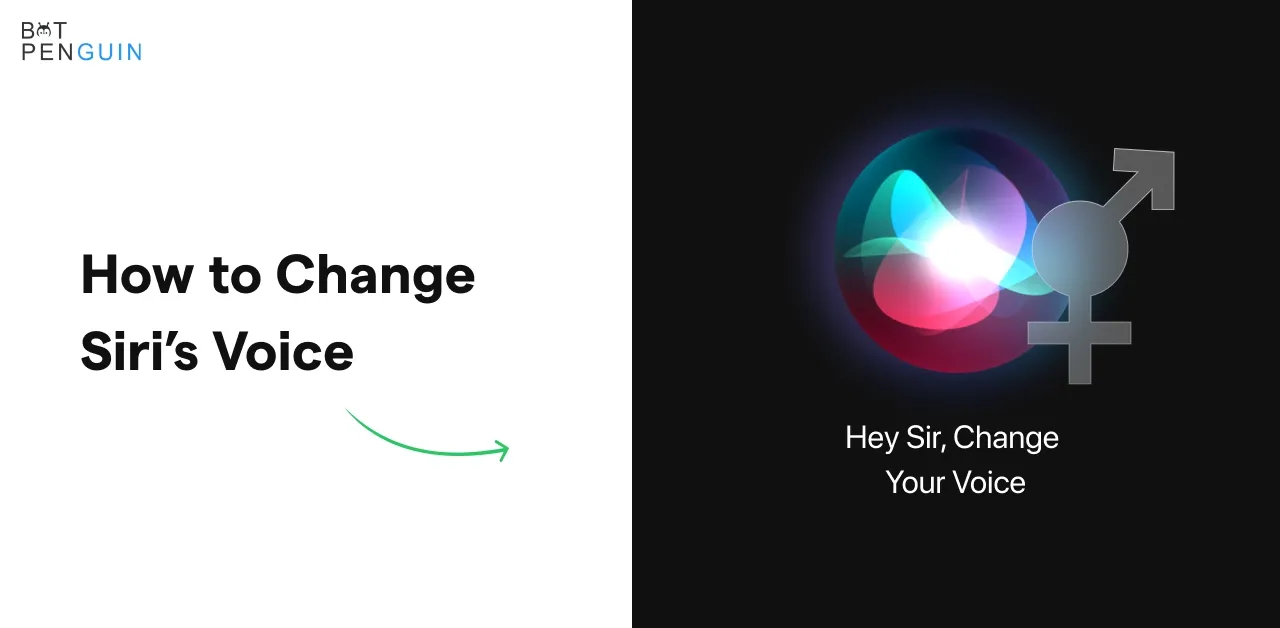With technology continually advancing at breakneck speed, it's no surprise that smart speakers like Google Home are increasingly becoming a household staple.
Google Home holds approximately 30% of the global smart speaker market share (source: Statista).
And with such significant influence, it's worth exploring the pros and cons of this popular voice-enabled device.
In this comprehensive guide, we'll dive deep into the world of Google Home, discussing both its incredible strengths and areas for improvement.
Whether you're contemplating purchasing your first smart speaker or you're a seasoned Google Home user looking to understand your device better, this guide is for you.
Our aim is to empower you with the knowledge you need to decide if Google Home is the right fit for your needs and lifestyle.
So, let’s dive into the pros and cons of the Google Home smart speaker.
What is Google Home?
Google Home is a line of exceptional smart speakers developed by Google as part of its series of smart home products.
The magic of these speakers doesn't lie in their audio quality — despite that being impressive — but rather in the powerful software that they carry: Google Assistant.
Relation with Google Assistant
Google Home versus Google Assistant which to go for? However, Google Assistant is the brain behind Google Home. It's a voice-activated assistant who listens to your commands and responds to them suitably.
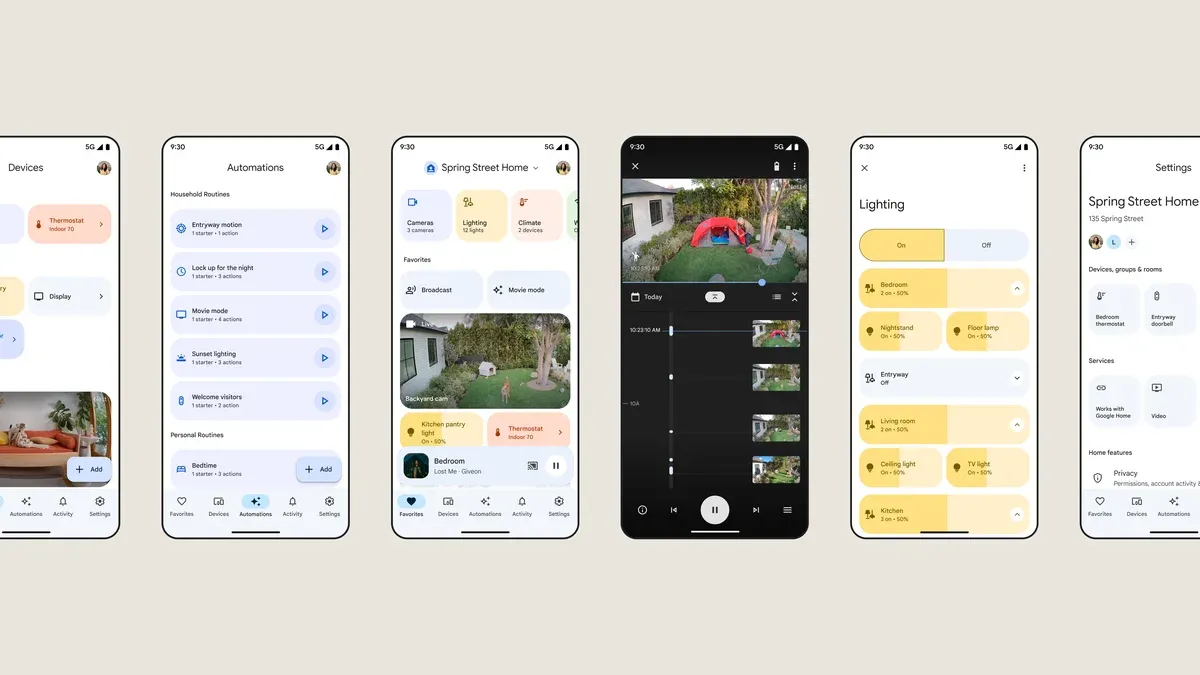
You can ask questions, play music, set reminders, or control smart home devices — all hands-free. The communication between Google Home and Google Assistant is seamless, creating a user-friendly smart home interface.
Google Assistant continually learns from your instructions and methods, becoming more efficient and personalized with time.
Here are some simple commands you can give to Google Assistant to make your day more manageable.
Where to Buy?
Google Home speakers are readily available for purchase from a variety of sources. Top retailers include Google's official store, Amazon, Best Buy, and Walmart.
Do note that prices and availability may vary, so always hunt for the best deals before you purchase. It's also important to consider the compatibility of Google Home with other smart devices in your household.
In the end, the decision to invest in Google Home voice assistant comes with weighing the pros and cons, which this comprehensive guide will assist you with.
Pros of Google Home
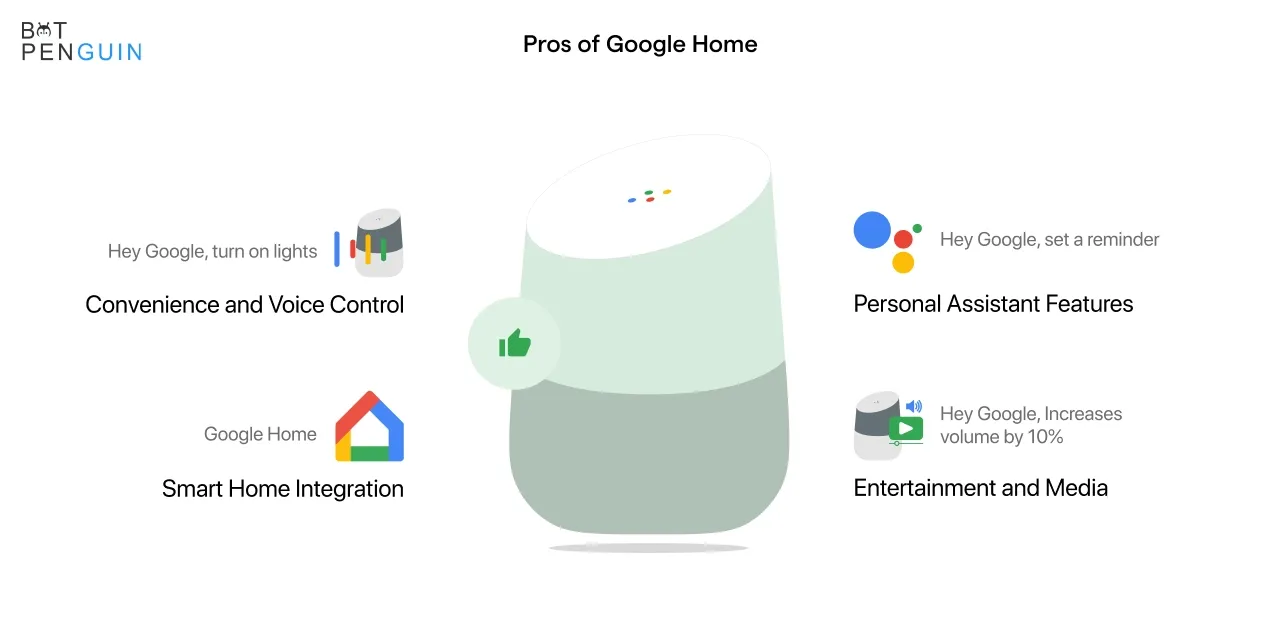
Let's begin with exploring the good side of Google Home and understanding the various benefits and features it provides.
Convenience and Voice Control
- Hands-free operation: You can accomplish tasks without lifting a finger with Google Home. Activate it with your voice and ask it to perform various functions, such as setting timers, making phone calls, or even turning on lights. It's a personal assistant at your beck and call.
- Multi-tasking capabilities: Google Home virtual assistant excels at handling multiple requests simultaneously. Whether you need to know the weather, play your favorite podcast, or add an event to your calendar, Google Home can handle it seamlessly, saving you time and effort.
Smart Home Integration
- Compatibility with various smart devices: Google Home voice assistant is your smart home's central hub. It can connect and control multiple compatible smart devices, such as lights, thermostats, security cameras, etc.
Say goodbye to juggling different apps and remotes—now you can control everything with your voice.
- Automation and control of home appliances: Google Home voice assistant allows you to create routines and automate tasks around your home.
When you left the house, you can program your appliances to turn down the lights, change the thermostat, lock the doors, or even start the coffee maker and put on the news when you wake up.
Personal Assistant Features
- Calendar and reminder management: Stay organized with Google Home's basic features include calendar integration. You can add and manage events, set reminders, and receive proactive notifications about your schedule.
Just ask Google Home; it will keep you on track throughout the day.
- Voice search and information retrieval: Have a burning question or need to look up something quickly? Just ask Google Home, and it will provide answers sourced from the vast wealth of knowledge on the internet.
Google Home is your gateway to information, from trivia to recipes to the latest news.
Entertainment and Media
- Music streaming and control: You can bring the party to life with Google Home. Stream your favorite music, create playlists, and control the volume, all with simple voice commands. Google Home supports popular music streaming services, allowing you to enjoy a personalized soundtrack for any occasion.
- Voice-controlled media playback: Say goodbye to remote controls and complicated interfaces. Google Home voice assistant lets you control your favorite movies, TV shows, and videos with your voice.
Whether starting a movie or pausing a TV series, Google Home makes entertainment effortless.
Cons of Google Home
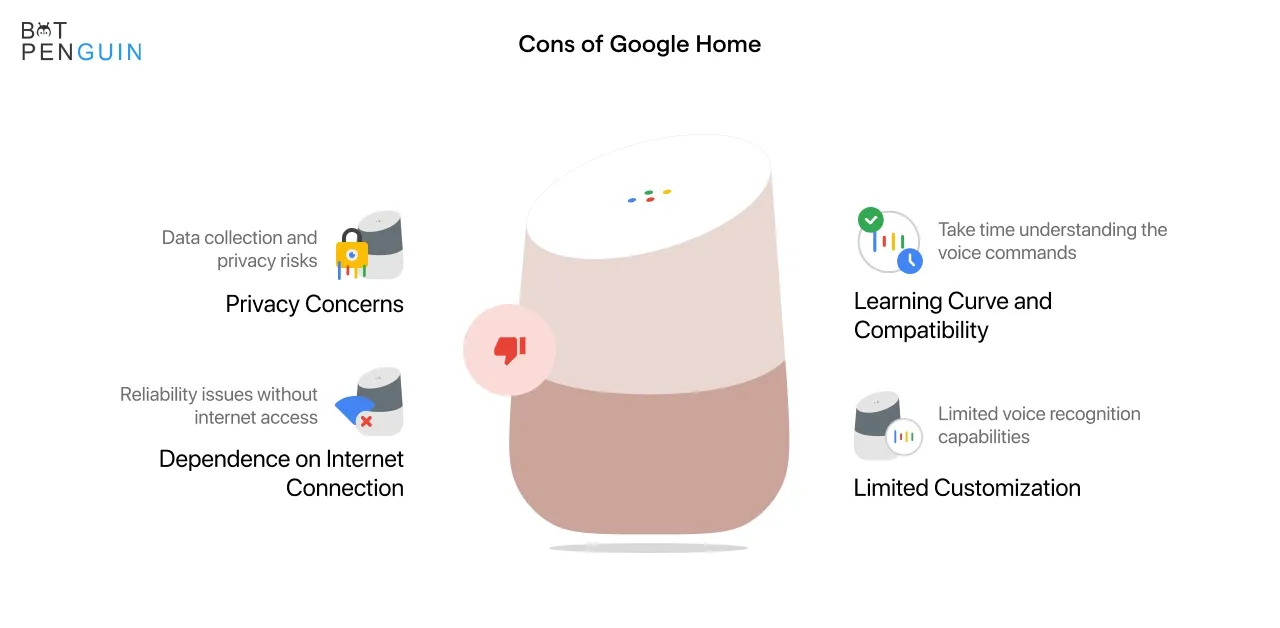
Now that you know about the pros of Google Home, it's time to flip the coin and see its other side as well.
Privacy Concerns
- Data collection and privacy risks: As with any smart virtual assistant, there are concerns about data collection and privacy.
Google Home processes and stores voice recordings to improve its services, which raises valid privacy concerns. Understanding and managing your privacy settings is essential to ensure your data is protected.
- Voice recordings storage: Google Home voice assistant retains your voice recordings for a certain period, and it's crucial to be aware of this.
However, Google provides options to review and delete your voice recordings, giving you control over your privacy.
Dependence on Internet Connection
- Reliability issues without internet access: Google Home heavily relies on an internet connection to function correctly.
A few features can be unavailable or limited in internet outages or disruptions. Considering this dependency when depending on Google Home for critical tasks is important.
- Potential disruptions in functionality: Network issues or temporary service interruptions may impact Google Home's functionality.
While rare, these disruptions can be frustrating when you need immediate assistance or information.
Suggested Reading:
10 Google Home Hacks You Never Knew You Needed
Limited Customization
- Limited voice recognition capabilities: Google Home only offers robust voice recognition for one user. It may need help differentiating between different voices, which can lead to less accurate personalized features and preferences.
- Inability to distinguish between multiple users: Unlike other virtual assistants, Google Home may not provide personalized responses to individual users. It treats all users as the same, limiting the device's personalization aspect.
Learning Curve and Compatibility
- Initial setup and learning process: Setting up Google Home Voice Assistant and getting familiar with its features may require a learning curve for some users.
Understanding the various voice commands and capabilities may take time, but it becomes second nature once mastered.
- Compatibility with specific apps and services: While Google Home integrates with a wide range of apps and services, certain niche or less popular applications may need to be compatible.
Ensuring your preferred apps and services work seamlessly with Google Home is important.
Comparison with Other Virtual Assistants
Well, Google Home is not the only virtual assistant out there. There are other big players in the game as well like Amazon Alexa and Apple Siri.
Let's take a look at how Google Home compares with these two giants.
Google Home vs Amazon Alexa
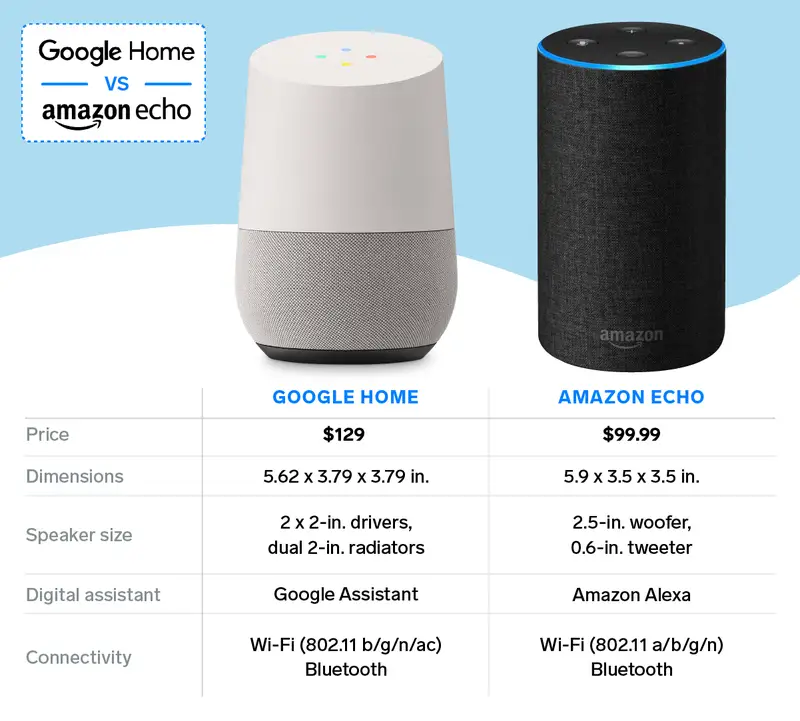
- Feature comparison: Google Home and Amazon Alexa offer similar functionalities but differ in specific features. For example, Google Home's strength lies in integrating with Google services.
At the same time, Amazon Alexa excels in e-commerce and shopping capabilities.
- Integration and compatibility differences: Google Home seamlessly integrates with Google's ecosystem, including Google Calendar, Gmail, and Google Maps.
On the other hand, Amazon Alexa boasts extensive compatibility with a range of smart home devices and third-party services.
Google Home vs Apple Siri
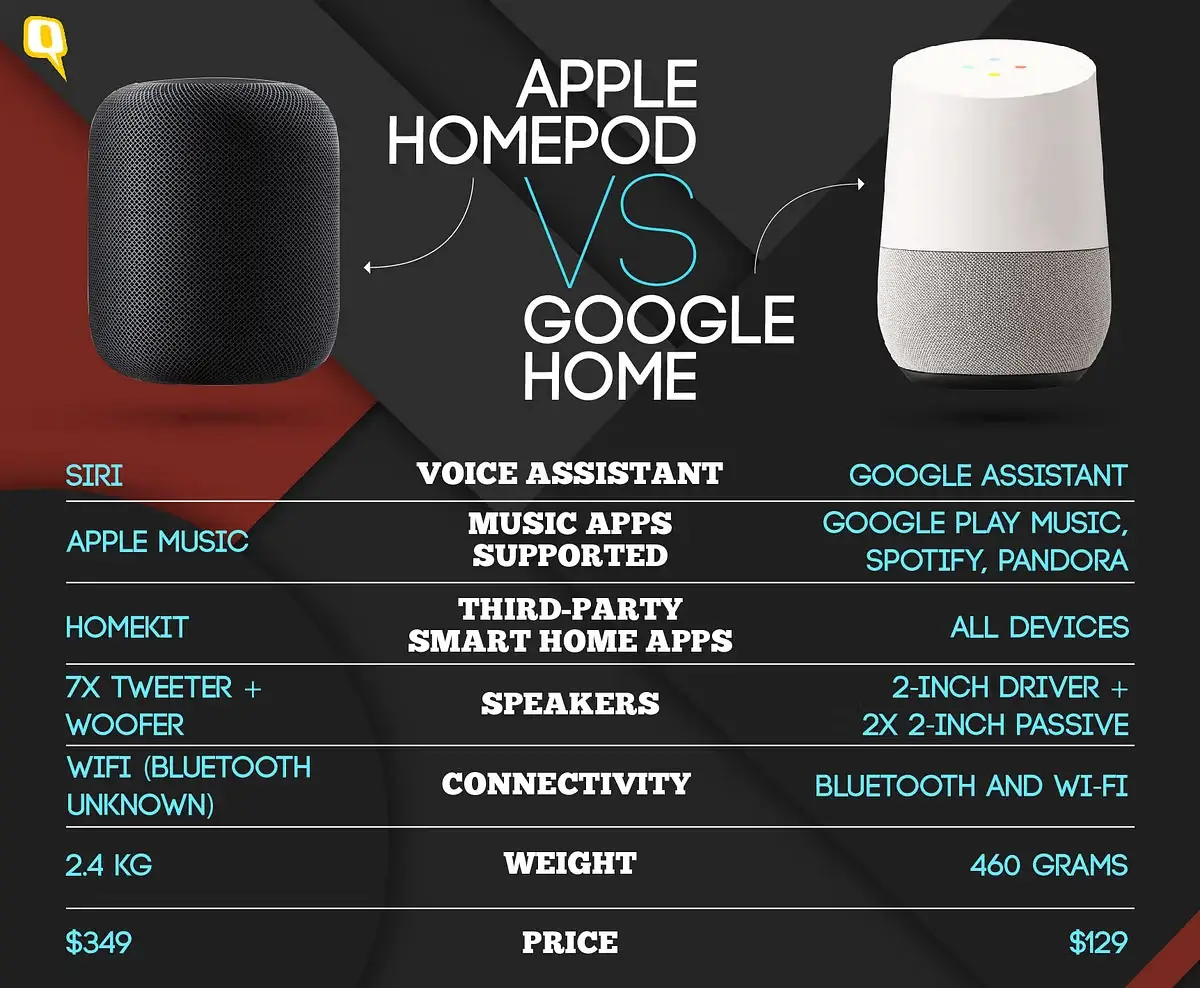
- Voice recognition and accuracy comparison: Both Google Home and Apple Siri offer excellent voice recognition and accuracy.
However, Google Home leverages Google's advanced search capabilities to provide more accurate information in certain contexts.
- Smart home and device compatibility: Google Home and Apple Siri have varying levels of compatibility with smart home devices.
While Google Home boasts a wide range of compatible devices, Apple Siri is highly integrated with Apple's HomeKit ecosystem, providing a seamless experience for Apple users.
Use Cases and Real-Life Examples of Google Home as a Virtual Assistant
To help you envision how Google Home can fit into your daily life, let's explore some common use cases:
Home Automation and Control
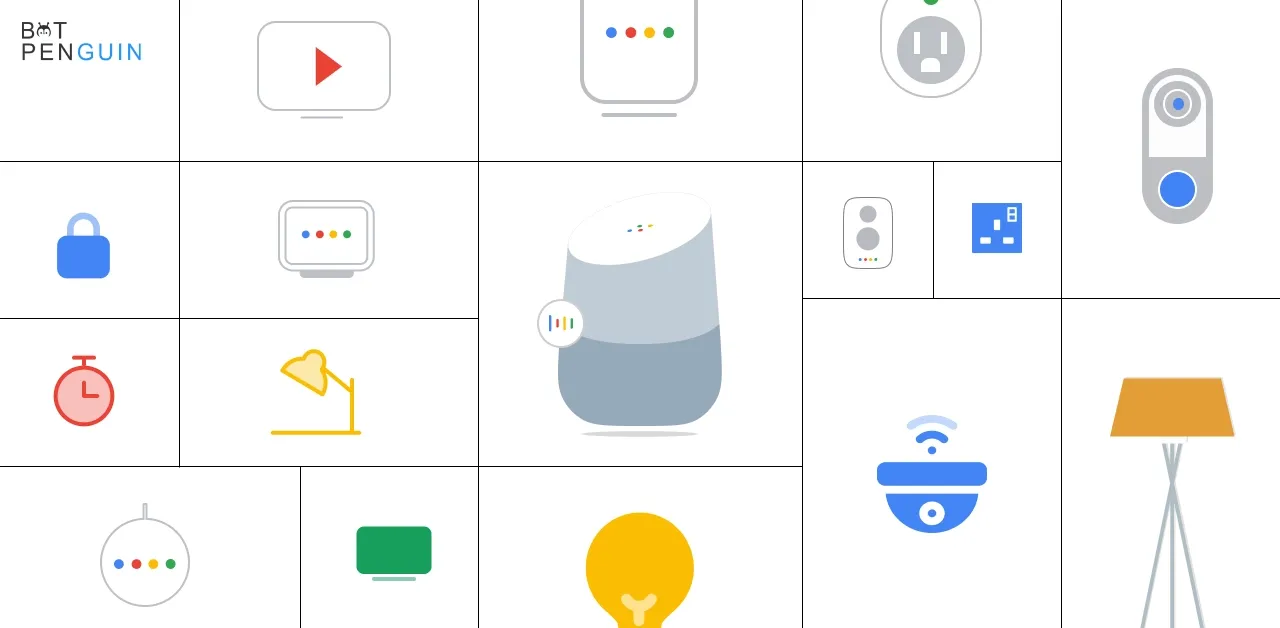
- Controlling lights, thermostats, and security systems: You can control various reasons of your smart home with Google Home, including the lights, thermostat, and even your security system, using voice commands.
- Setting up routines and automation scenarios: Google Home allows you to create routines that automate specific actions based on triggers or particular times.
For example, you might program a procedure to lock the doors, dim the lights, and turn on calming music once you say, “Goodnight, Google.”
Productivity and Organization
- Managing schedules and reminders: Google Home can integrate with your Google Calendar, allowing you to manage your schedule easily, set reminders, and receive event notifications through voice commands.
- Voice-controlled note-taking and task management: Whether jotting down a quick note or creating a to-do list, Google Home enables you to capture information effortlessly using your voice. You can then access these notes and tasks from your smartphone or computer.
Factors to Consider When Buying Google Home
If you're considering purchasing Google Home voice assistant, take into account the following factors:
Price and Models
- Different versions and pricing options: Google Home is available in various models, such as Google Home Mini, Google Home, and Google Home Max.
Each model offers different features and comes at another price point, so choose one that suits your budget and requirements.
- Feature variations across models: While the core functionality remains the same, some advanced features, such as superior sound quality or multi-room audio, may be available only on certain models. Consider your priorities and preferences when selecting a model.
Suggested Reading:
7 Ways Google Home Can Revolutionize Your Daily Routine
Smart Home Ecosystem
- Compatibility with existing smart devices: Ensure that Google Home voice assistant is compatible with your existing smart devices and brands.
Check if it integrates seamlessly with the devices you already own or plan to purchase.
- Integration potential with preferred brands: If you prefer specific brands or ecosystems, research whether Google Home works well with those brands.
Compatibility and ease of integration can significantly enhance your smart home experience.
Conclusion
Although Google Home has a variety of functions and advantages, it also has certain disadvantages.
Considerations include privacy issues, dependency on an internet connection, a lack of customizability possibilities, and compatibility issues.
However, Google Home as a virtual assistant stands on its footing compared to other virtual assistants. It specializes in giving accurate information and integrating with Google services.
Whether you should buy Google Home depends on your needs, preferences, and priorities. You can make a well-informed choice by evaluating the advantages and disadvantages mentioned in this article.
Frequently Asked Questions (FAQs)
What is Google Home and what are its key features?
Google Home is a smart speaker and voice assistant powered by Google Assistant. It can play music, control smart home devices, answer questions, set reminders, and more.
What are the benefits of using Google Home?
Google Home offers hands-free convenience, voice-controlled automation, access to a wealth of information, seamless integration with other Google services, and the ability to control smart home devices with simple voice commands.
What types of devices work with Google Home?
Google Home is designed to work with a wide range of smart devices.
This includes smart lights from brands like Philips Hue and IKEA, smart thermostats from Nest and Honeywell, smart plugs from companies like TP-Link and Belkin, and smart security cameras and doorbells from Google's Nest and Ring.
Do I need Google Nest devices for the best results in my Google Home?
While Google Nest devices are optimized for Google Home, they aren't absolutely necessary for a good experience. Many other devices from various brands can also work seamlessly with Google Home.
Always ensure that the devices you choose are compatible with Google Home for the best results.
How do I set up Google Home?
Setting up Google Home involves plugging in the device, installing the Google Home app on your smartphone, and following the prompts in the app to connect it to your Wi-Fi network.
Once it's connected, you can start using it with voice commands.
What are the privacy concerns associated with Google Home?
Privacy concerns include the potential for accidental voice recordings, data collection by Google, and the risk of unauthorized access to personal information.
Users can manage privacy settings, review and delete recordings, and control data-sharing preferences.
Can Google Home control smart home devices from different brands?
Yes, Google Home supports a wide range of smart home devices from various brands, including lights, thermostats, security cameras, and more.
It offers seamless integration and voice control for a connected and convenient smart home experience.
Does Google Home require an internet connection?
Yes, Google Home requires a stable internet connection to perform most functions, as it relies on online services for information retrieval, media streaming, and accessing other connected devices.
What are the limitations of Google Home?
Some limitations of Google Home include occasional misinterpretation of voice commands, limited support for regional accents and languages, and the inability to perform certain tasks that require visual interfaces, like browsing the web or viewing images.


